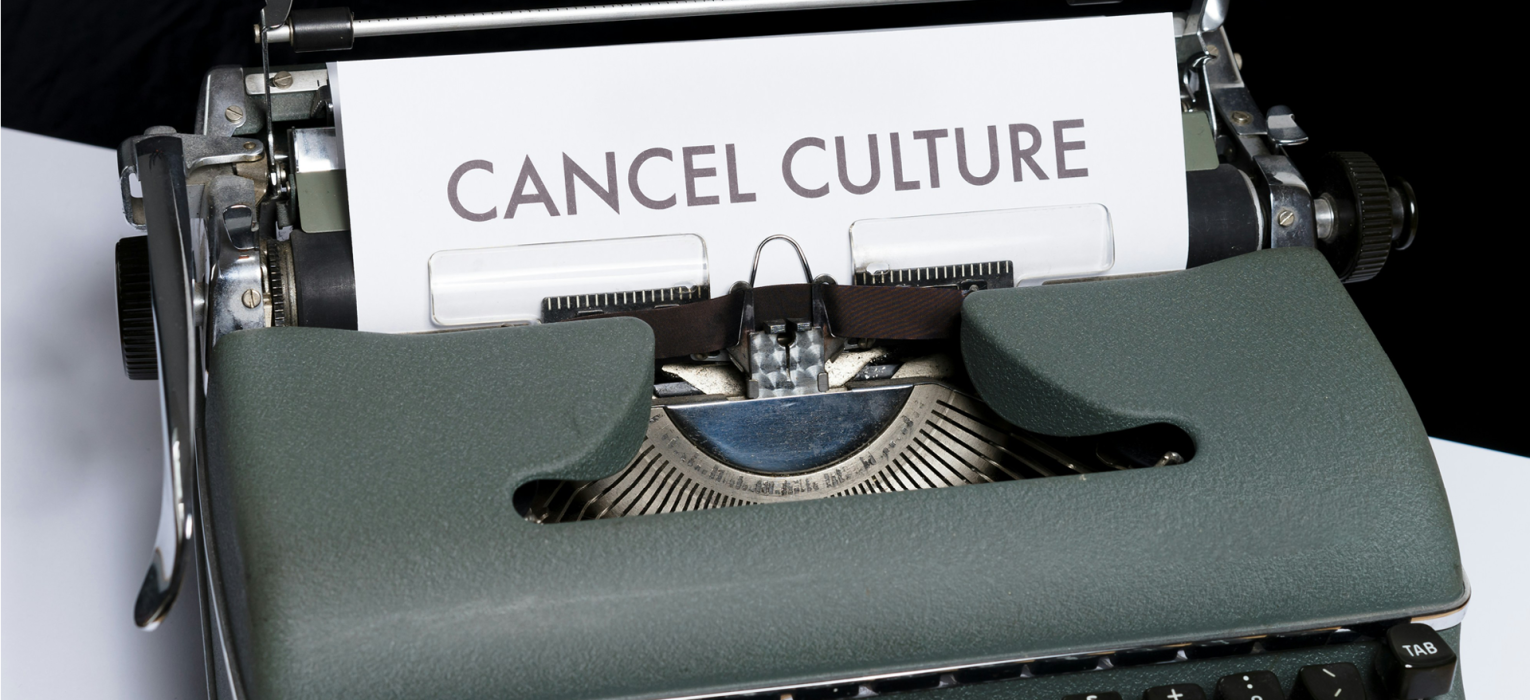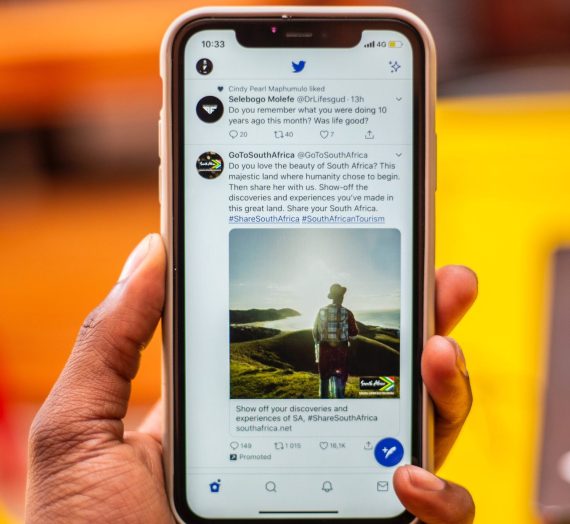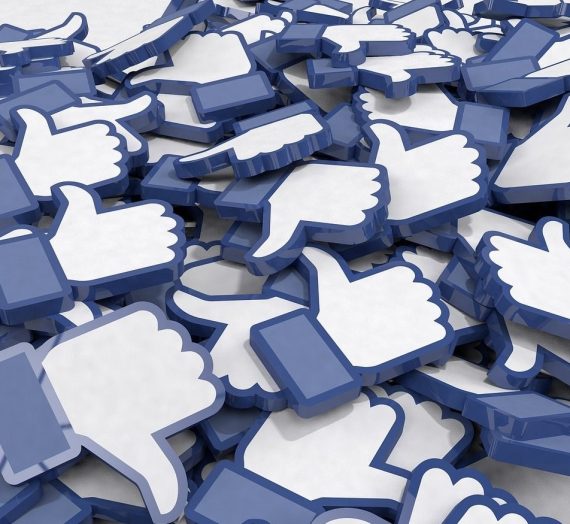Some social media users delight in canceling out-of-line celebrities, but does cancel culture really help the cause of social justice, or is it fueled by other motives?
The internet has turned fame into a two-way conversation, with everyone loudly proclaiming their opinion about influencers who (seem to) put their whole life online. With fame comes more global accountability. Audiences often take this accountability into their own hands by canceling influencers and their platforms when those influencers step out of line. But when canceling becomes more about turning a profit than holding people accountable, it can distract from actual social justice issues.
THE RESEARCH
In their article “#Cancelled: A qualitative content analysis of cancel culture in the YouTube beauty community,” Femke Geusens, Gaëlle Ouvrein, and Soetkin Remen assessed cancel culture in the YouTube beauty community. They analyzed 41 videos about the five most popular beauty gurus who were canceled in 2020. These videos—made by other influencers with large followings—discussed the circumstances and opinions surrounding the cancellation.
“[Canceling] can be problematic, considering that the decontextualization of information can misrepresent the situation and is sometimes considered deceptive misinformation.”
Geusens, Ouvrein, and Remen (2023)
The researchers noted that some of the influencers’ channels are dedicated to reporting social media drama. Such channels view themselves as investigative reporters exposing evil to the world, but in practice, they tend to operate more like gossip magazines. The analysis of the videos revealed three major motives for cancellation: product issues, social justice allegations, and petty drama.
The researchers found that when it comes to social justice allegations, sometimes a cancellation starts with a legitimate offense. Other times, jealousy is enough motivation for an influencer to purposely try and find a social justice misdemeanor to cancel a competitor. Regardless of whether the offense is contrived or genuine, influencers who report on the offense will search deep into the offender’s past to discover additional “evidence” and increase the viewership of their call-out video. To these influencers, it seemingly isn’t entertaining enough to say that the offender made one bad decision—they have to bury the canceled influencer with enough allegations that they never recover. And, too often, entertainment often trumps honesty.
Because gossip influencers want to thoroughly indict the canceled YouTuber, the researchers observe that “much of the information is provided without context or reinterpreted in light of the scandal that is being reported. From a journalism ethics perspective, this can be problematic, considering that the decontextualization of information can misrepresent the situation and is sometimes considered deceptive misinformation.”
THE IMPLICATIONS
The researchers suggest that the plethora of misinformation spread by cancel culture harms the cause of social justice. When viewers fan the flames of a canceling controversy, they are merely allowing money to flow into the pockets of other influencers who are capitalizing on the opportunity of someone else’s misfortune.
Social justice issues need to receive attention. Influencers with a vast viewership have a responsibility to be accountable for their words and actions online. However, cancel culture does not achieve either of these ends. Throwing around accusations and contentious language does not help marginalized communities. Rather than spending time digging up dirt on other people, influencers and online users could better spend their time promoting content that actually educates the public on relevant social justice issues.
In our online discourse, let’s commit to be better critical thinkers and not get drawn into the drama.
To learn more about cancel culture, read the full article:
Femke Geusens, Gaëlle Ouvrein, and Soetkin Remen. 2023. “#Cancelled: A qualitative content analysis of cancel culture in the YouTube beauty community,” The Social Science Journal, DOI: doi.org/10.1080/03623319.2023.2175150.
—Karlie Kelsch, Netiquette
FEATURE IMAGE BY MARKUS WINKLER
Find more research
Read this study by Reyes-Fournier, Reyes-Fournier, and Bracken (2023) to learn more about brand cancellation: “Does Cancel Culture Affect the Bottom Line? A Timeseries Analysis of Sentiment and Emotion on the Efficacy of the Call to Cancel Against Abercrombie & Fitch.” European Journal of Behavioral Sciences 6 (3): 41–56. https://doi.org/10.33422/ejbs.v6i3.1088.
Read this article by Abbasi, Fayyaz, Ting, Munir, Bashir, and Zhang (2023) to learn some methods businesses can use to take accountability after cancellation: “The moderating role of complaint handling on brand hate in the cancel culture”, Asia-Pacific Journal of Business Administration, Vol. 15 No. 1, pp. 46–71. https://doi.org/10.1108/APJBA-06-2021-0246.
Read Pippa Norris’s (2023) study on cancellation for information on the psychology of cancellation: “Cancel Culture: Myth or Reality?” Political Studies 71, no. 1 (2023): 145–174 https://doi.org/10.1177/00323217211037023.




